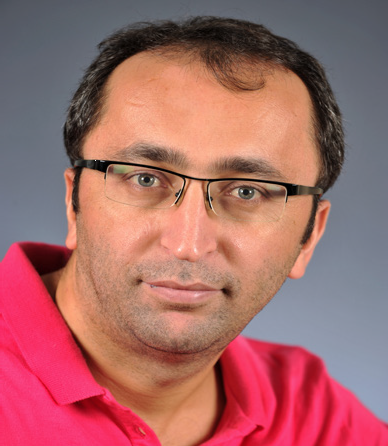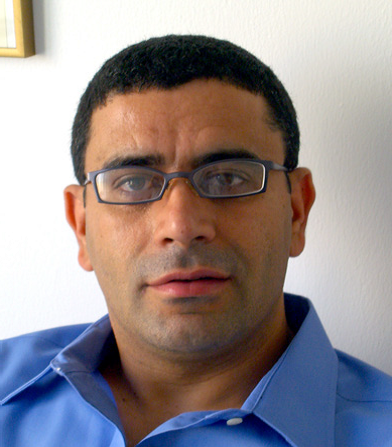The conventional analyses of society-state relations in the Arabian Gulf region easily lend themselves to the erroneous thesis that countries in this region are devoid of the modern political currents and counter currents that have shaped most contemporary societies in the world. For some analysts, the Arabian Gulf states are nothing but an extension of the “oriental despotic” cultural logic according to which the state is always perceived as strong, authoritarian and coercive, ruling through petro-economic means over a passive and weak society. For others, the state-society relation has been collapsed into a form of tribal nationalism in which government and society are aggregated into informal socio-political communities with no public institutions, citizenship, or rule of law. In contrast to these traditional approaches, this workshop seeks to broaden the discussion of society-state relations in the Arabian Gulf region to illustrate the dynamic and diverse features that characterize state-society formations in the region. Far from being monolithic, homogeneous and pre-modern, state-society relations in the Arabian Gulf region are, in fact, complex and multi-sided social/political formations which represent chiefly their domestic socio-political environment. Relying on interdisciplinary modes of analysis, this workshop will focus on three areas of research: religion and the state; intellectuals and social change; and “new media” and the state.
3 DAYS / 12 Workshops
MORE THAN 300 ACADEMIC PAPERS
Amidst a variety of conceptual perspectives on society-state relations in the Arab world in
general and the Arabian Gulf region in particular, scholars in the field have generally converged
around a common conclusion that societies in the Gulf region have become a pivotal site for
shaping state policy, attitude and practices. Not only have social, civic and popular forces
developed, expanded and assumed new forms, they have become a crucial source for state
contestation, legitimacy and influence. However, and notwithstanding the new and emerging
research on society and politics of the region, the literature on this topic remains predominantly
state-centered with great focus on the regulative, extractive and distributive capacity of the state.
Based on this analytical approach, the literature in the field has typically assumed a sharp
epistemological distinction between state, culture and society in the region. Further complicating
this analytical process of the region is the emergence and presence of a gap between Anglophone
literature and Arabophone literature in the field. For some scholars and observers in the region,
there have been diverging scholarly and research interests between the formal political and
structural analysis (as expressed in some Eurocentric Anglophone literature) and the popular
socio-political analysis that is captured in print media, new media, and blog narratives and often
expressed in Arabic.
Dissatisfied with these analytical gaps and methodological disjunctures, this workshop focuses
on more nuanced and more multifaceted conceptualizations of relations between state and
society in the Arabian Gulf region. More specifically, the aim of this workshop is to examine the
strategies and dynamics through which state-society relations in the Arabian Gulf region have
been cultivated and to explore the alternative political, social, economic and popular changes that
threaten those relations. More critically, the workshop seeks to understand how state sovereignty
has been shifting to accommodate internal social, cultural, and intellectual forces and how these
forces have been able to balance social and political powers in order to function within and coexist alongside the state. While the field of society-state relations is a vast and multilayered
research area, the workshop will primarily focus on the following three topics: religion and the
state (formal and informal institutions, institutional religious scholars, popular religious
personalities, and Fatwa discourse on public policy), the role of the intellectual, public discourse
and the state (the role of the organic intellectual, traditional intellectual, and public intellectuals),
and networked public sphere and state (youth culture, blogging, and gender movements).
The focus of this workshop extends the Gulf Research Meeting’s discussion on the possibilities
and limits of civil society in the Gulf region as well as the discussions on media and soft power
in the Gulf, but goes beyond them in that it explicitly seeks interdisciplinary research from
numerous fields that reveal critical aspects of state-society relations that cannot be fully
identified by conventional approaches of the traditional state-society distinction.

